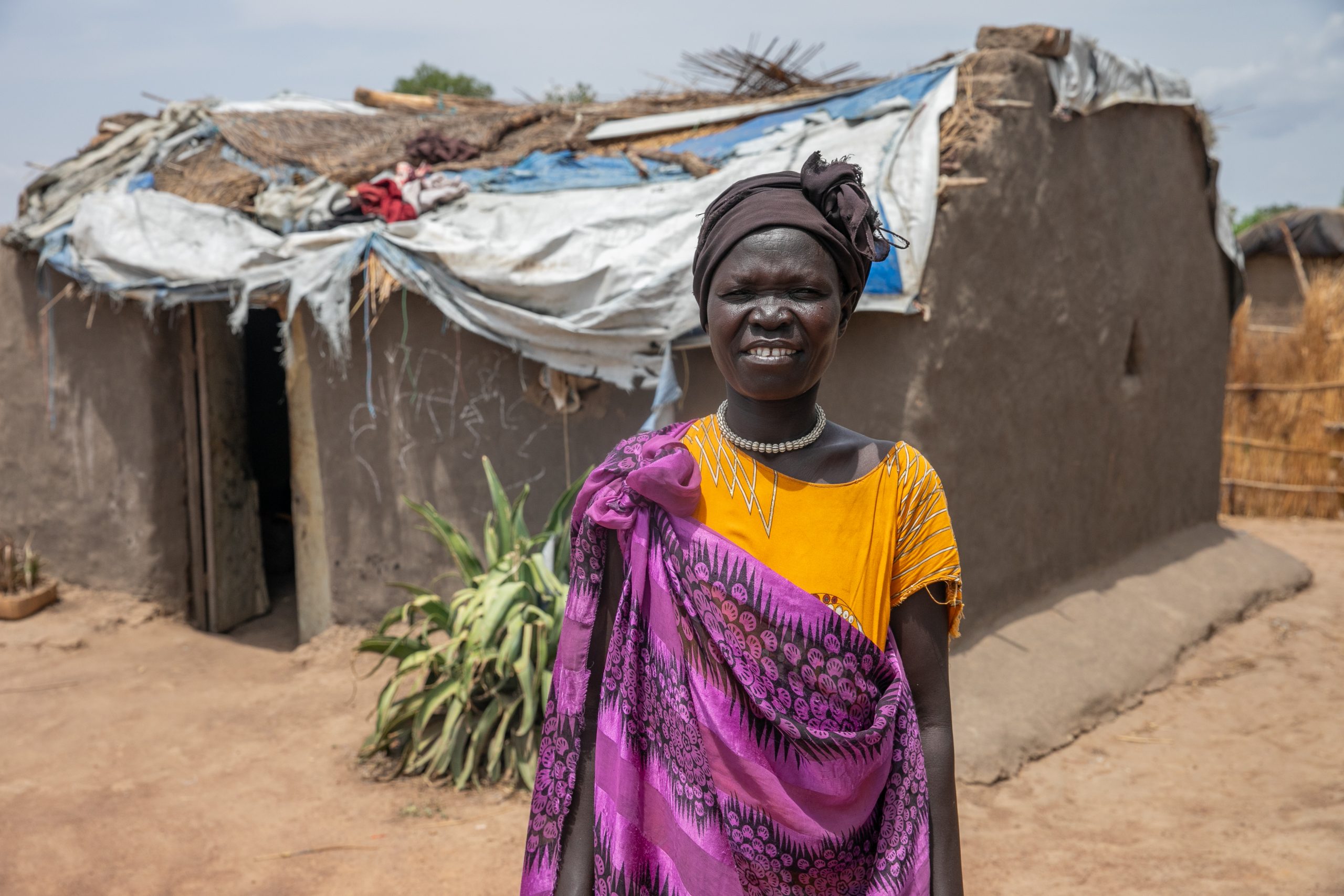South Sudan

Photo: ©WFP/Eulalia Berlanga
South Sudan remains one of the most protracted and complex humanitarian crises, driven by persistent violence, climate shocks, economic instability, and the spillover from the conflict in neighbouring Sudan. As of April 2025, the country hosts 560,000 refugees and asylum seekers—94 percent of whom are from Sudan—with smaller numbers arriving from the Democratic Republic of the Congo, Ethiopia, and other countries. Since the outbreak of the Sudan crisis, more than one million people have sought safety in South Sudan, including 70 percent who are returning South Sudanese nationals. In 2024, 7.1 million people in South Sudan faced acute food insecurity.
JOINT HUB SUPPORT
The Joint Hub has been supporting UNHCR and WFP country operations in South Sudan since late 2022, helping ensure limited resources were used as effectively and accountably as possible by delivering assistance based on vulnerability and need, rather than refugee status alone. Technical support focused on assessing refugee needs, designing and implementing a targeting and prioritization strategy for food assistance, consulting refugee communities, strengthening communication with refugees, and establishing a joint appeals process. In 2024, the Joint Hub shifted to a technical backstopping role.
In 2025, faced with continued funding constraints, the country offices transitioned fully to prioritized food assistance, building on the 2024 strategy. As part of its planned exit, the Joint Hub is conducting a ‘light’ learning review to document lessons learned and good practices from the prioritization exercise.
LEARN MORE ABOUT OUR WORK IN SOUTH SUDAN
- Joint Hub South Sudan Learning Review 2025
- South Sudan Country Support Brief, 2025
- UNHCR-WFP Joint Community Consultations with Refugees and Host Communities in South Sudan (2023)
- South Sudan: September 2023 UNHCR/WFP Joint Post Distribution Monitoring – Profiling analysis to inform targeting and prioritization of assistance to refugees in South Sudan
